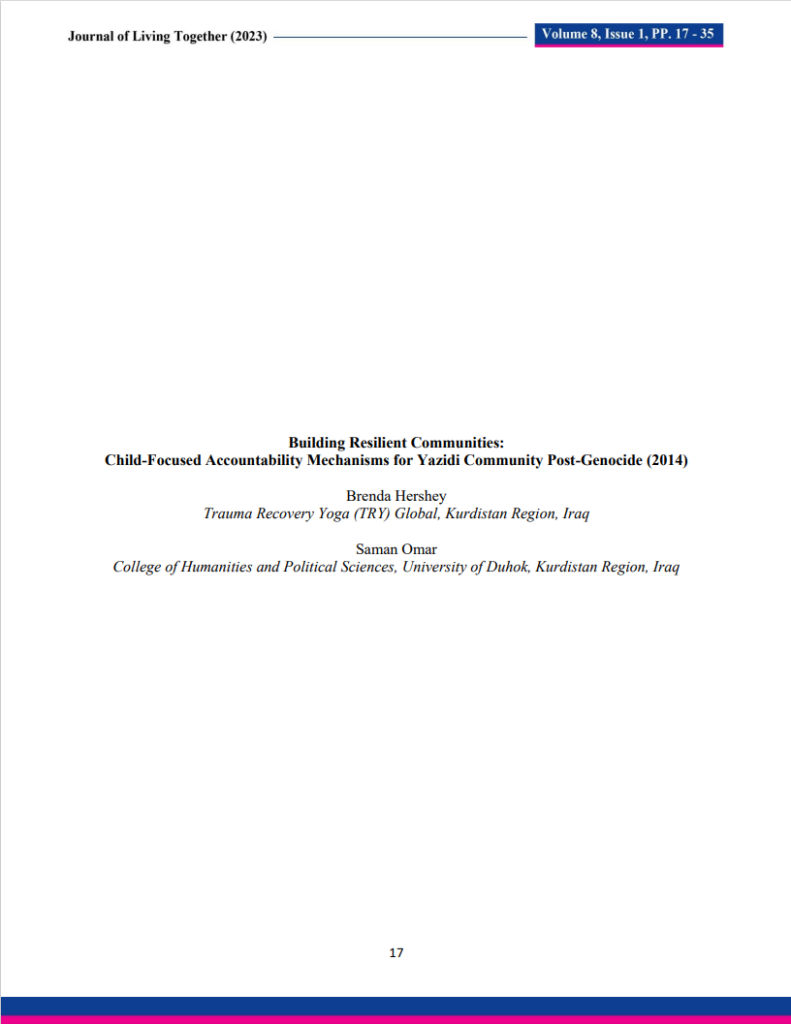Principles, Effectiveness and Challenges of Traditional Dispute Resolution Mechanisms: A Review of Cases from Kenya, Rwanda, Sudan and Uganda
Abstract:
Conflict is inevitable and so is an increased quest for peaceful coexistence in modern societies. Therefore, the process and effectiveness of applied resolution mechanism are what matters. Formal legal systems of conflict resolution in African countries are post-colonial western institutions used to seek justice. However, entwined within the cultures of most communities are traditional dispute resolution mechanisms (TDRM). Although used, these TDRMs remain unrecognized. This paper critically analyzes broad literature on four such mechanisms as practiced by various communities in East Africa. The selected mechanisms include mato oput, a traditional justice system of the Acholi tribe in Uganda; abunzi mediation, a Rwandan approach to local justice; judiyya, a grassroots system of arbitration that focuses on reconciliation and the restoration of social relationships in Darfur community in Sudan; and taboo system, a source of peace for Isukhas of Kakamega in Kenya. The paper explores the general principles used in traditional dispute resolution mechanisms, their effectiveness in enhancing human relationships, and implementation challenges with the establishment of formal legal systems and the complexity of disputes encountered. Process of change is identified. The methodology is critical analysis of secondary sources and data. Four common principles, known as the 4Rs, emerge from this analysis: respect and sincerity; reconciliation and forgiveness; restitution and atonement; and restoration of peace. The effectiveness of the selected TDRMs is seen in four areas: fostering justice; truth and compensation; enhancing human relationships; forgiveness and reconciliation; and restoration of peace and harmony. Synthesis of the literature reveals that most African countries still hold onto customary laws under which application of traditional dispute resolution mechanisms is common. The paper argues that although it is important to solve conflict using international, national and state institutions, we must underscore the role of traditional dispute resolution mechanisms for certain conflicts or parts of it, especially interpersonal and intergroup disputes. These expeditiously implemented mechanisms of resolving conflict are effective, enhance human relationships and peaceful coexistence, and focus on the needs and interests of parties involved and the community as a whole.
Read or download full paper:
Journal of Living Together, 6 (1), pp. 162-172, 2019, ISSN: 2373-6615 (Print); 2373-6631 (Online).
@Article{Sabala2019
Title = {Principles, Effectiveness and Challenges of Traditional Dispute Resolution Mechanisms: A Review of Cases from Kenya, Rwanda, Sudan and Uganda}
Author = {Genevieve M. Sabala}
Url = {https://icermediation.org/traditional-dispute-resolution-mechanisms/}
ISSN = {2373-6615 (Print); 2373-6631 (Online)}
Year = {2019}
Date = {2019-12-18}
Journal = {Journal of Living Together}
Volume = {6}
Number = {1}
Pages = {162-172}
Publisher = {International Center for Ethno-Religious Mediation}
Address = {Mount Vernon, New York}
Edition = {2019}.



